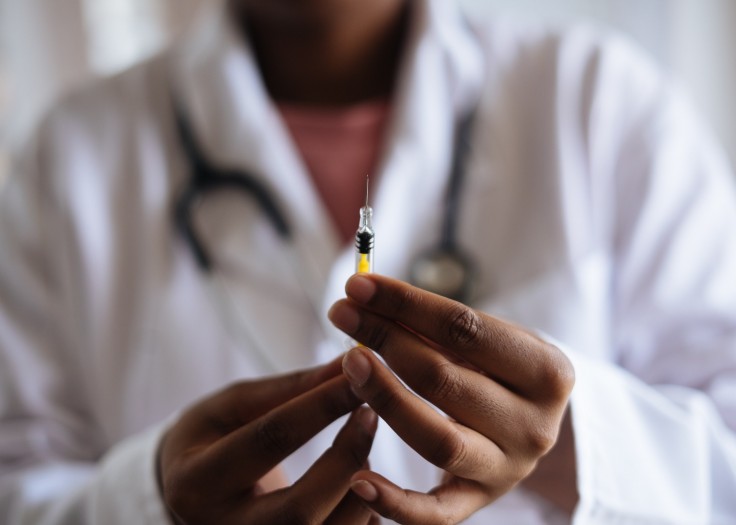
In the race to vaccinate as many people as possible against coronavirus, health experts have various ideas. Still, they say vaccinating children against COVID-19 could be the key to slowing the spread. They believe the reason behind vaccinating children is not only to help with herd immunity but also to protect children from the coronavirus.
According to the Royal College of Pediatrics and Child Health, COVID-19 is associated with a considerably lower morbidity and mortality burden in young people. There is also evidence that children may be less likely to contract the virus. Hence, as for now, the children's role in transmission is unclear.
Until everyone is vaccinated, including young ones, said John Edmunds, a member of the Scientific Advisory Group for Emergencies (Sage) of the UK government on Sunday, there remains a "significant risk of a resurgence" of the virus.
COVID-19 effects on kids and children's vaccine status update
Although the virus is generally much kinder in children than in adults, not all children were resistant to some of the associated health risks, particularly in children with the multisystem inflammatory syndrome (MIS-C).
Health authorities have warned parents about MIS-C, in which "different parts of the body can become inflamed, including the heart, lungs, kidneys, brain, skin, eyes, or gastrointestinal organs." Most children who have been diagnosed with the condition after COVID-19 have recovered, although the disease may be fatal.
The virus can also cause asymptomatic infections in all age ranges, so in a way, Stanley Plotkin added, immunizing kids would protect the elderly.
As for the COVID-19 children's vaccine, a mid-stage study in children aged between six and 17 has been launched by researchers behind the Oxford/AstraZeneca vaccine.
Other COVID-19 children's vaccine manufacturers have also started their trials. In the coming months, Pfizer/BioNTech plans to share data from its study of 12- to 15-year-olds and launch a survey of 5- to 11-year-olds in due course. Scientists predict that those under 12 years of age would need a possibly changed formulation or dosing schedule.
Plotkin warned several vaccinations could protect against infectious diseases to keep outbreaks under control without immunizing anyone. "So if it turned out that we have to vaccinate everyone for coronavirus, which would be an exception, it would not be the rule," he said.
If the vaccinations are shown to have an excellent powerful effect on transmission, then assuming that all adults are inoculated by some point this year, the young Dr. Rinn Song, a pediatrician, and clinician-scientist with the Oxford Vaccine Community, would be the only age group that primarily drives the spread of the disease.
With a finite arsenal of the vaccine's global supplies, a primary reason against the prioritization of vaccinating young age groups is that high-risk groups should be vaccinated first in low- and middle-income countries, Song said.
The decision to immunize children should be focused on "whether or not it needs to be done, and you shouldn't do it if it doesn't need to be done."
Paul Heath, Pediatric Infectious Diseases Professor at St George's, University of London, and UK Novavax COVID-19 Vaccine Trials Arm Principal Investigator, said recurrent infection in children would potentially be a source of infection for adults and the elderly who are not vaccinated.